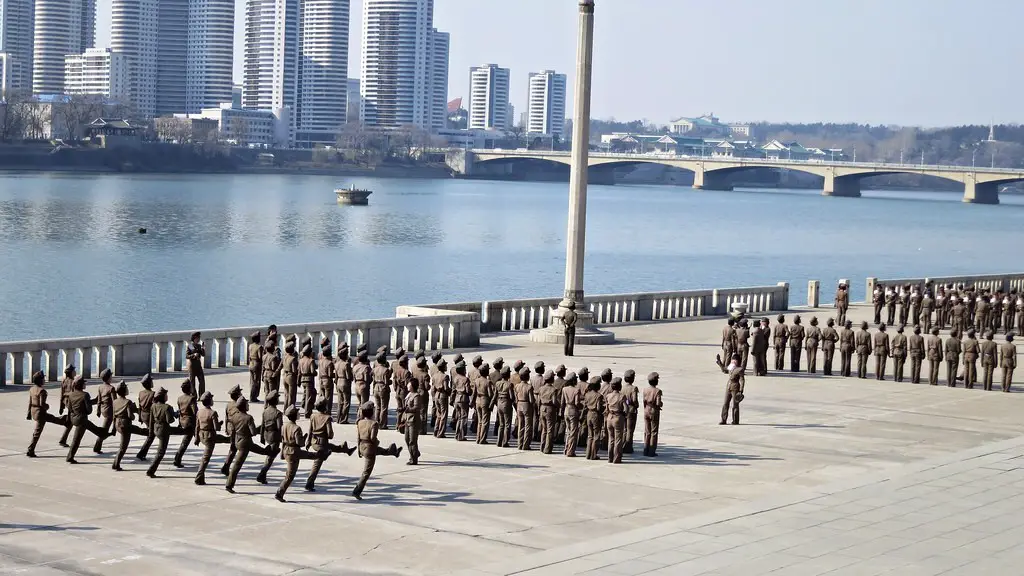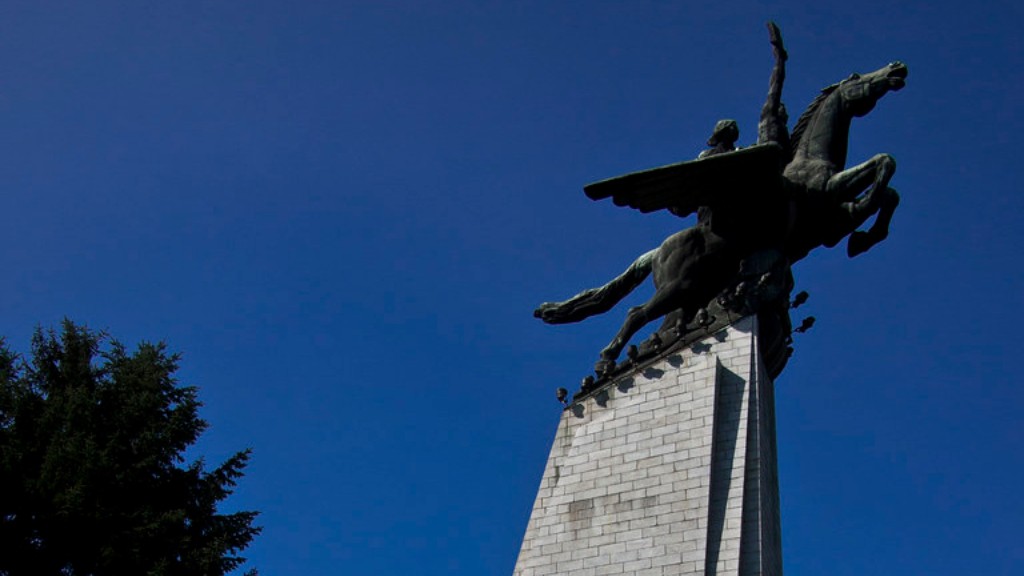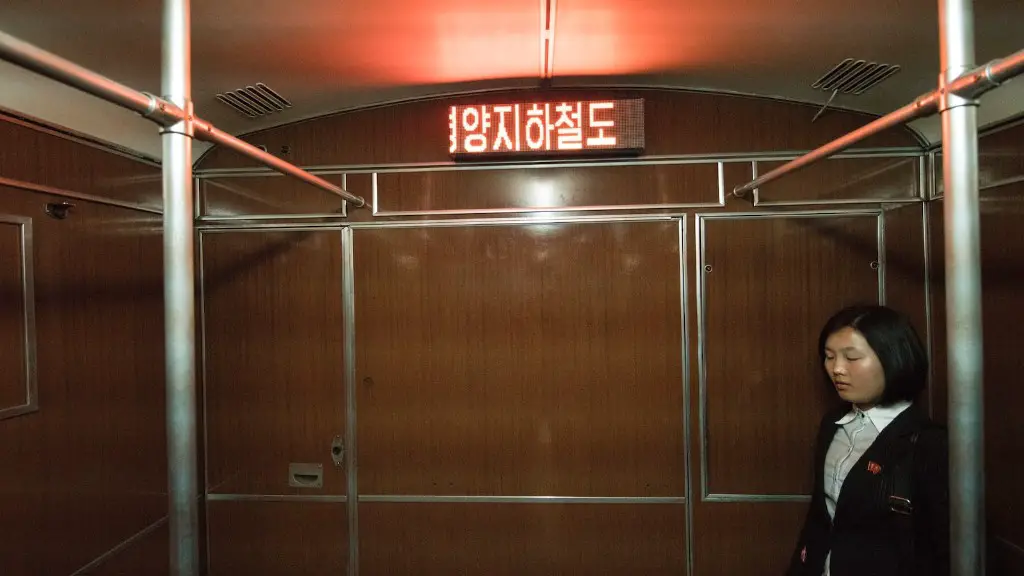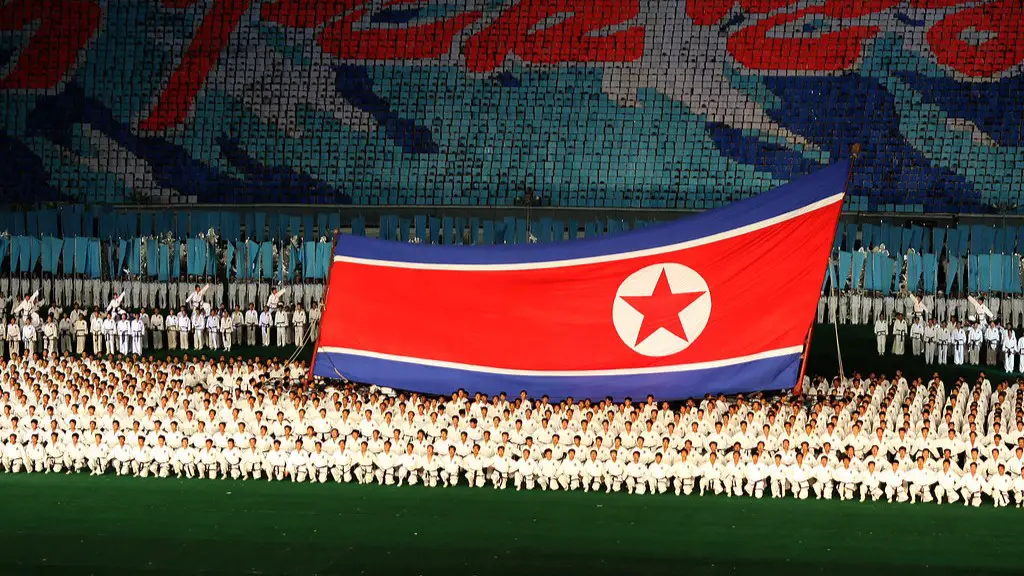What Defectors Say About North Korea
North Korea is a country shrouded in mystery, and it’s rare that we get to hear the stories of those who have left it behind, having seen its harsh realities first-hand. For over 70 years, North Korea has been a closed dictatorship. People have little knowledge of the outside world and risk severe punishment for any perceived political dissent. For these reasons, most of the stories of what life is really like for citizens of this hermit kingdom are only recently coming to light through the brave efforts of defectors.
According to defectors, life in North Korea is all about surviving and surviving is not easy. Food shortages have been a reality for citizens of North Korea for decades, and this lack of food has caused much suffering. An interview with defector Park Yeon-mi revealed that she and her family ate everything from eating soybeans and cicadas to close relatives’ remains during times of rigorous starvation. The condition of medical care and educational facilities is also poor in North Korea, with little access to general medicines, poor quality education and limited resources.
The regime in North Korea is renowned for its authoritarian control, and this control is said to be infused in every aspect of North Korean life. Everyone is indoctrinated from a young age with songs, chants, and pledges glorifying the Kim family dynasty. Even more restrictive is the military-like surveillance of citizens as even small infractions are punished harshly. People are monitored in food markets, train stations, families visited to check for foreign media, and public surveillance cameras, making it difficult to even breathe without fear of getting caught and punished.
What’s even more shocking is the defectors’ stories detailing the violence and torture which the North Korean government subjects its citizens to. Forced labor, prison camps, and executions are commonly used to instill fear and deter any potential dissent. Many defectors have personally experienced and witnessed these forms of abhorrent punishment for minor wrong-doings as punishment for expressing a desire to leave, or anything else deemed to be against the regime.
And still, not everyone gets out. People in North Korea often risk their lives to escape through illegal and dangerous routes with hefty bribes of money and food in order to make it to neighboring China, Thailand, or South Korea. It’s a journey through which many do not make it alive.
Minjoo Kim, a former North Korean refugee, remembers her time in North Korea saying: “Life for me in North Korea was very bleak. It is hard to comprehend the punishments put to people on the slightest suspicion of disloyalty. I was lucky to be able to escape. My advice to people in North Korea is to take the risk to escape, even if it means risking your life.”
International Sanctions
International sanctions against North Korea have been in place since its nuclear tests were made public in 2006. These sanctions were meant to prevent the North Korean regime from acquiring nuclear weapons, but the UN has recently reported that these sanctions have had a crippling effect on the poor and vulnerable, while not having any major effect on the North Korean government. In fact, the sanctions have made life even more unbearable, leading to food and fuel shortages, starvation, and a decrease in the quality of healthcare.
The lack of access to normal economic activities has left a large portion of the population unable to earn wages or perform legal activities. Likewise, these restrictions on trade and access to the global economy have had a negative effect on the livelihoods of those in North Korea. In recent years, the United Nations has argued that the sanctions should be eased and certain humanitarian exceptions should be put in place.
The UN Special Rapporteur on the Situation of Human Rights in North Korea Tomas Ojea Quintana has said: “It is essential that measures to prevent further suffering are adopted as soon as possible. To impose further sanctions to punish the current regime will only make the unbearable circumstances more dire and contribute to the increasing mortality rates, while being ineffective when it comes to changing the attitude of the regime towards its citizens.”
It is clear that these sanctions may be doing more harm than good, and it is essential to review them if the international community expects to make any inroads in improving the lives of North Koreans.
Propaganda and Disinformation
Propaganda and disinformation have long been used by authoritarian and totalitarian states as a way to control their populations, and North Korea is no exception to this rule. Propaganda literature, news reports, films, and public events are all used to further the public image of the government and doctrine of the ruling family. And the same is true of North Korea.
The government can be seen as trying to keep its population in the dark as much as possible by disseminating false information, obscuring true events and claiming them to be false, and denying any information which might contradict its official narrative. Information is filtered to the citizenry through news reports and the state-run media, both of which the government can easily manipulate in order to disseminate its own version of events.
One of the most common tactics used in North Korea is to paint a false picture of the government’s enemies as barbaric, immoral and untrustworthy. South Koreans, for example, are often portrayed as corrupt, and defectors from the North are seen as traitors. Such tactics serve to further distance the citizens of the North from the outside world and to counteract any potential dissidence.
In 2017, a high-ranking North Korean diplomat, Thae Yong Ho, defected to South Korea and revealed the use of state-run media to control citizens and the extent to which North Koreans were kept in the dark. He spoke of the North Korean government’s attempts to control information, which was of particular concern in the 21st century, with the rise of new forms of media and technology. In his own words, he said: “The North Korean regime has only two wishes: to keep North Koreans in ignorance so they can remain obedient and to make money.”
Adapting to Life outside of North Korea
Defecting from North Korea and arriving in a foreign country is a difficult process. It takes many immigrants several years to settle into a new culture and way of life. Speaking the language, finding employment and even adapting to different standards of living can all be a struggle. This is particularly true for defectors from North Korea due to the severe lack of access to education and resources in their home country.
Despite the difficulties, many defectors end up starting new lives and find ways to succeed in their host countries. Former defector Yuna Lee, who now lives in South Korea, recounted her experience and said: “I can still remember the feeling of stepping out of the airport onto foreign soil. It was a feeling of freedom and the chance to create a new version of myself. I had a lot to learn, but I was determined to find a way to succeed.”
For those who are able to adapt and make a new life in their host country, the outcome can be very positive. Most North Korean defectors eventually find ways to make a living and integrate into society. Although the transition can be difficult, it is possible for them to succeed and make a positive impact on their new environment.
Social and Humanitarian Issues
Most people who have escaped from North Korea still have family members who remain in the country, and many find it difficult to cope with the knowledge that life for their loved ones is still extremely difficult. There have been attempts by South Korean organizations to reconnect North Koreans living in South Korea with their families in the North, but these attempts are often met with resistance from the North Korean government.
This separation and lack of communication between family members is a major humanitarian issue, and some organizations are working to find ways of bringing families together. One particular organization, Connect: North Korea, is attempting to facilitate reunions between North Korean families living in the United States and their family members still living in North Korea. The organization works with North Korean defectors and their families in order to build trust and understanding between the two sides.
The organization has been successful in organizing several family reunions and facilitates ongoing education programs as well. They believe in a two-way bridge between North Korea and the United States, and that familiarity and understanding of each other’s’ cultures is fundamental in overcoming the divides between the two countries.
Bringing Change in North Korea
Many in the international community are seeking ways to bring positive change to North Korea. Some suggest economic development and increased access to economic opportunities, while others suggest sending humanitarian aid or other forms of assistance. Others advocate for increased access to information and technology, or increased engagement between North and South Korea.
Despite all the efforts, most people agree that only the North Korean people themselves can truly bring about the much-needed change. Increasingly, people living in North Korean are pushing back against the regime, despite the risk of serious punishment. The recent surge in defections, limited as it is, is evidence of this
While the North Korean government has taken steps to limit its citizens access to foreign media, information has still found its way into the country, helped by defectors and a growing number of overseas networks. Access to information from the outside world could be the key to bringing about positive change in North Korea, as it has in other places around the world.
Implications for the Future
Although the situation in North Korea currently seems bleak, there is reason to be optimistic that things can change. Defectors have already made a huge impact in bringing attention to the North Korean issue and bringing the country’s struggles to the international stage. They have also inspired countless others to follow in their footsteps and bring awareness to the issue.
What is essential is that the international community continues to pay attention to the plight of North Korea and its people. This can mean anything from providing humanitarian aid, to increasing penalties for human rights abuses, to pushing for the diplomatic exchanges needed to deescalate tensions. Only by providing a platform for the voices of those affected by the situation can we begin to create lasting change for a better future in North Korea.





